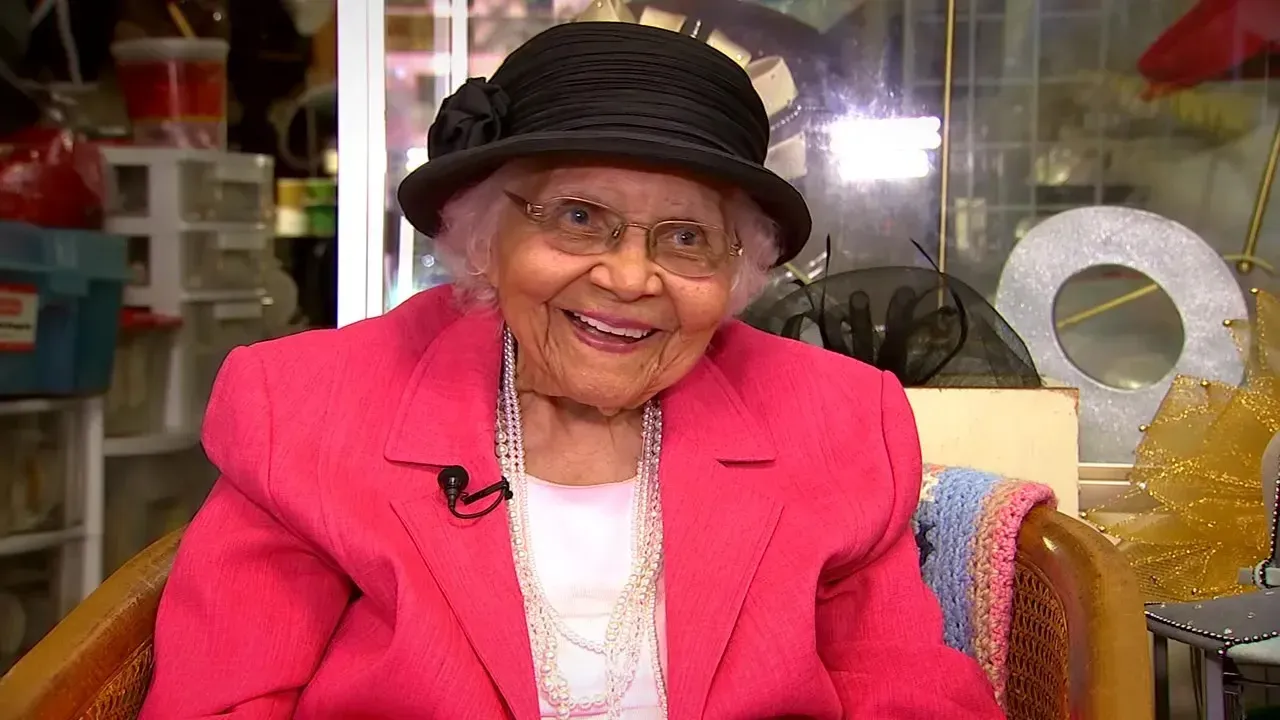More Than a Meal: The Discipline of Indian Food Traditions
In every culture, food nourishes the body. But in India, food also nourishes identity, habit, and community. It is meditation in motion—infused with intention, ritual, and deeply rooted values. In my own journey as an entrepreneur and someone who truly enjoys good food, I've come to realize how Indian food traditions subtly build the very habits we need for lasting success: attention to detail, routine, consistency, generosity, and above all, connection.
Food as a Cultural Connector
As a network marketing professional who travels frequently and thrives in the world of financial, real estate, and franchise services, I’ve come to appreciate just how central food is to forming relationships. Whether I'm in the U.S., India, or Europe, the most meaningful business conversations and personal connections often happen around a shared meal.
In multicultural environments, food becomes the bridge that dissolves barriers. No matter your background or beliefs, a great meal creates an opening—an opportunity to slow down, connect, and truly know one another. I’ve often said I’m a foodie who’s willing to pay a higher price for food that truly satisfies my palate, not just fills the stomach. And in this world of fast connections and faster deals, that satisfaction—built on authenticity and flavor—is rare and valuable.
The Indian Table: Ritual, Variety, and Vibrancy
What makes Indian food stand out is not just the flavor, but the philosophy behind it. Spices are used not only for taste but also for their healing and digestive properties. Natural colors come from real ingredients—turmeric, beetroot, spinach, saffron. Even the structure of a traditional thali or meal plate reflects Ayurvedic balance: a harmonious mix of sweet, sour, salty, bitter, pungent, and astringent flavors. You’re not just eating—you’re aligning your body and mind.
For vegetarians and vegans especially, Indian cuisine offers extraordinary variety and nourishment. The plant-based options are not an afterthought—they are the main event, prepared with care, depth, and creativity. As awareness grows globally about conscious eating, Indian meals are becoming more than ethnic food—they're becoming a cultural phenomenon.
Family, Friendship, and Franchise Potential
One of the most heartwarming aspects of Indian dining culture is the tradition of eating together. Inviting families, friends, and even new acquaintances over for a meal is a form of love and respect. It builds emotional intelligence, community bonding, and long-term trust—qualities essential for both personal life and business success.
Recently, my journey led me to discover two extraordinary restaurants in New Jersey—both examples of how passion for food and cultural authenticity can lead to immediate success, even in a highly competitive market.
Gaurav Mathur, the head chef at Mannat https://www.mannatnj.com/ in Kingston, NJ, brings not only culinary expertise but deep emotional resonance to his food. His dishes reflect precision, flavor, and an artistic flair for presentation. What sets Mannat apart is not just the cuisine, but the experience—it’s curated, intimate, and welcoming.
Balaji, the owner of Balaji Bhavan https://balajibhavannj.com/ in Jersey Heights, has created a space that feels like home. The moment you step in, you feel a sense of warmth and community. The food is rooted in traditional South Indian recipes, yet there's innovation in how the dishes are presented and paired. From the first day, the restaurant has seen packed tables and glowing reviews.
What makes these places special isn't just the food. It's the Chefs' passion behind the plate, not compromising on the freshness of the food prepared every day/intra day without letting in the frozen or packaged food, the thoughtful design of the ambience, and the disciplined consistency and care in service. These are qualities that make a strong foundation for franchise success, and I look forward to supporting them in scaling when the time is right—if they let me help them, of course.
Their stories are living proof that when food is prepared with love and discipline, it becomes a force not just for personal enjoyment—but for cultural impact and business growth.
Spotlight on Chef Gaurav Mathur – Culinary Visionary Behind Mannat
From the opposite side of the country comes Chef Gaurav Mathur, a culinary leader who has redefined Indian fine dining in New Jersey. Mannat — formerly known as Urban Spice — stands as a beacon of excellence, where every dish is made from scratch using only fresh ingredients and never any frozen components.
Chef Gaurav has been recognized among the Top 25 Chefs in America, and his pedigree is backed by years of experience with India’s legendary ITC Hotels. He was a member of the pre-opening teams at iconic properties such as ITC Royal Bengal (Kolkata), ITC Sonar (Kolkata), ITC Grand Chola (Chennai), and ITC Grand Maratha (Mumbai).
A rare blend of art and analytics, Chef Gaurav is also Green Belt Six Sigma certified, combining culinary creativity with a disciplined commitment to precision and consistency. This ensures that every dish served not only reflects authenticity and care, but also delivers consistently outstanding quality.
At Mannat, guests are invited to taste the difference that passion, skill, and uncompromising standards can make. As someone who has experienced his work firsthand, I can confidently say that Mannat isn’t just a restaurant—it’s a tribute to Indian culinary excellence and hospitality.
Spotlight on Balaji – Founder, Balaji Bhavan
Balaji Narasimhan Mani hails from Thiruthani, a spiritual town in India. Born into a family of traditional farmers, Balaji became the first in his lineage to pursue a career in hospitality. After studying hotel management, he honed his culinary craft with the prestigious Taj Group of Hotels in India before settling in New Jersey.
In October 2024, he opened Balaji Bhavan, an authentic Tamil vegetarian restaurant in Jersey Heights. Since its opening, the restaurant has gained an almost legendary status in the community—with lines of customers waiting at least 30 minutes just to get a table or add their names to the next seating list.
Balaji has brought the essence of Tamil culture to life with a commitment to preparing fresh food several times a day. There is no compromise on quality, and the experience reflects his deep-rooted values of hospitality, tradition, and care.
Importantly, Balaji Bhavan is his third successful restaurant in Northern New Jersey—a testament to his vision, discipline, and culinary leadership. His other two restaurants have also developed strong customer loyalty through authentic food and heartfelt service.
Beyond the kitchen, Balaji is deeply spiritual. His approach to food and hospitality is shaped by reverence, humility, and a sincere commitment to service.
As someone who experienced it personally, I absolutely enjoyed the authenticity of Tamil cuisine in his dishes—a beautiful blend of simplicity, flavor, and love.
The Habit of Hospitality
In Indian culture, the guest is considered “Atithi Devo Bhava”—the guest is God. This attitude permeates every dining experience, whether in a small home or a five-star restaurant. It is a form of daily discipline—a commitment to care, to serve, and to uplift.
When you host with this mindset, it becomes a habit. And when you bring that habit into your work—whether in franchising, consulting, or leadership—it builds trust, reputation, and repeat success.
Conclusion: A Recipe for Personal and Business Growth
The discipline behind Indian food traditions teaches us something powerful: that success isn’t only built in boardrooms or spreadsheets—it can be cultivated in the kitchen, around the table, and in the habits of hospitality.
As we partner with each other to expand the financial services business, real estate investments, franchises, grow our networks, and deepen our purpose, let’s remember what food teaches us: to pay attention, to serve well, to nourish deeply, and to build together. After all, a great meal may last only an hour—but the relationship it creates can last a lifetime.











